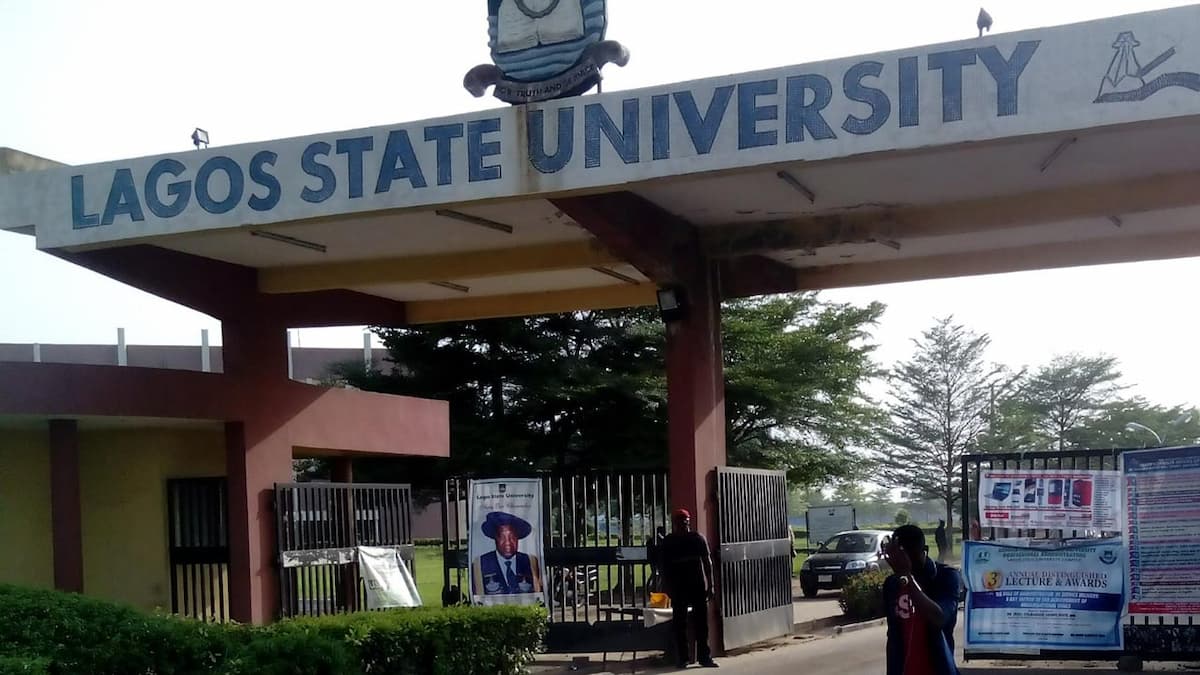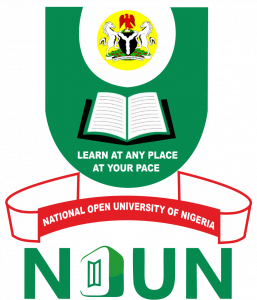Brief History of Lagos State University
The Lagos State University (LASU), located at Ojo, was established as a Public University in 1983 by the enabling law of Lagos State. Established with the vision of pursuing the advancement of learning and academic excellence, the university has been unrelenting in the pursuit of its mission of becoming a citadel of learning, a community with the trademark of excellence in teaching, research and service to humanity, a catalyst as well as an agent for development.
Lagos has always enjoyed a premier and pre-eminent position in the history of education in Nigeria; notwithstanding that, the state has oftentimes been referred to as backward because of its low number of indigenous population in schools. However, as part of the effort to reverse the low school attendance trend in the state, a major step was taken to establish LASU during the Administration of Alhaji Lateef Jakande as the first Executive Governor of Lagos State.
In April 1981, an ad-hoc committee headed by the Late Dr. Femi Agbalajobi, who was then a member of the Governing Council of the Lagos State College of Science and Technology, was set up to look into the modalities for converting LASCOTECH into a University. This committee advised that the college should remain. Later, in 1982, another 12-man technical committee headed by Dr. Abisogun Leigh recommended the establishment of a multi-campus and non-residential university. It was suggested that the proposed institution should be named LAGOS STATE UNIVERSITY (LASU).
The technical committee also recommended that the main campus should accommodate the Faculties of Humanities, Sciences, Education and Business Studies and Law; all of which were to be established in the 1984/85 session. Other faculties which were considered capital intensive and were, therefore, to be established subsequently at other campuses of the University included Agriculture and Fisheries, Engineering, Technology and Environmental Studies.
Consequent upon the proposal and recommendation of the technical Committee, a firm decision was taken, early in 1983 to establish the Lagos State University. Subsequently, the LASU implementation Committee under the chairmanship of the Governor, Alhaji Lateef Jakande was established. The committee’s inaugural meeting was held on Monday, 17th March, 1983 and, in October 1983, the government turned the seed of the Lagos State University at the site of the present Works and Services Department. This was followed by the relocation of the University staff that hitherto had been operating from the Old Secretariat office at Ikeja to the University main campus at Ojo on Monday 19th December, 1983. The young University had hardly settled down when, in December 1983, the military intervention terminated the tenure of the elected civilian administration and brought on board Group Captain Gbolahan Mudashiru as the Governor of Lagos State, who on February 20, 1984 formally inaugurated an 11-man Tertiary Education Review Committee (TERC). The committee submitted its report on the 20th of March 1984 with some far reaching amendments to the original plan of the civilian government.
From the middle of 1984, the Lagos State Government continued to put in place machinery for the smooth the formal take-off of teaching and research activities in the new institution. The Faculties of Law and Humanities, Education and Science were established with the plan not to admit more than one thousand students. However, this was reduced to five hundred mainly because the institution was new and did not have the facilities to cope with the large number of students. At inception, in October 1984, the Lagos State University started with 55 academic staff, 37 Senior Administrative and technical staff, and a student enrolment that stood at 375 undergraduates and 200 pre degree science (PDS) students.

The Administrative structure of the university has been built on a network of units and departments including the Registry, Academic Planning Unit, General Administration, Academic and Students Affairs, Senior Staff Establishment and Welfare, Junior Staff Establishment and Training. The other organs of the university administration include: Works and Services, Health Centre, Multi Media centre, Information Unit and the Security Unit.
The Lagos State University currently operates three major campuses, namely: Ojo, Ikeja, and Epe. The Ojo campus is the Main Campus and the seat of the Central Administration. It houses the faculties of Arts, Education, Law, Management Sciences, Science and Social Sciences, School of Transport, School of Communication, Centre for Environment Studies and Sustainable Development (CESSED), Centre for General Nigerian Studies, Centre for Planning Studies, Information and Communication Technology Centre (ICTC), Online and Distance Learning and Research Institute (ODLRI) and Centre for Entrepreneurial Studies. The Postgraduate School is also on the Ojo Campus. The Ikeja Campus is home to the University College of Medicine (LASUCOM). The Epe campus accommodates the Faculty of Engineering, the School of Agriculture and the Institute for Organic Agriculture and Green Economy.
The Lagos State University (LASU) currently has a total of 35,521 Students (inclusive of 1,099 students from the College of Medicine at Ikeja campus, 1,409 from Engineering Faculty and 413 from School of Agriculture both of which are from the Epe campus), distributed in various faculties for different programmes (Full-time Undergraduates = 27,743; Postgraduates = 2,162; Sandwich = 3,700; Diplomas = 1,210; Joint University Preliminary Examination Board [JUPEB] = 440 and Pre-Degree Science [PDS] = 266).
Source: lasu.edu.ng
#EduSAVINGS#EduLOANS#EduSURE#INTERNSHIP#SCHOLARSHIP#EduHEALTHMAINTAINANCE#ENTERPRENUERSHIP#PressPayNg#TERTIARY#EDUCATION#TUITION#FEES#UNIVERSITY#POLYTECHNIC#MONOTECHNIC#FELLOWSHIP#COLLEGEOFEDUCATION#HOLIDAYJOBS#SOFTSKILLSTRAINING



